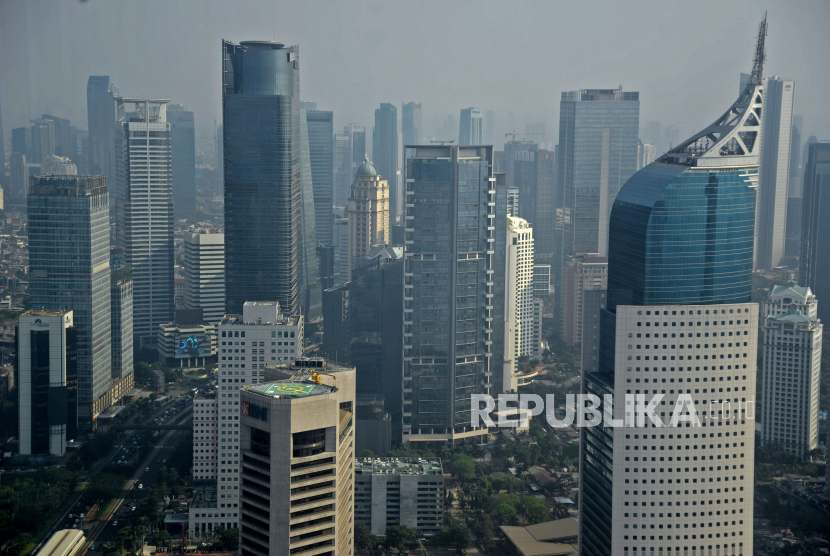REPUBLIKA.CO.ID, JAKARTA -- The World Bank projects Indonesia's economic growth of five percent in 2023. This is in line with a declining inflation trend and a stable currency value.
World Bank director for Indonesia and Timor-Leste Satu Kahkonen said, Indonesia recorded strong growth throughout the forecast period, although there was a slight slowdown when the comodity boom began to weaken.
“GDP growth is expected to decline slightly to an average of 4.9 percent in 2024-2026 from five percent this year as a result of the beginning of the weakening of commodity price spikes,” he said in Indonesia Economic Prospects, Wednesday (12/13/2023).
Private consumption is expected to be the main driver of growth in 2024. Business investment as well as public spending are also expected to increase as the impact of the government's reforms and new projects is also expected.
Inflation is expected to decline to 3.2 percent in 2024 from an average 3.7 percent this year, still well within Bank Indonesia's target range. Falling inflation reflects weaker commodity prices as well as domestic demand growth rates returning to normal levels after the post-pandemic recovery.
At the same time, there is upward pressure on food prices due to the impact of El-Niňo weather patterns, which could disrupt food production in some places. Services exports are expected to benefit from a sustained recovery in the tourism sector, while lower commodity prices and weaker global growth will hamper exports of goods.
Government revenues as a share of gross domestic product are expected to rise as the impact of taxation reforms materialises, while government spending is expected to gradually return to pre-pandemic levels.
Although today Indonesia's economy is larger than before, like many other countries, it has not fully recovered to its pre-pandemic trajectory. This reflects the scarring effects of the pandemic, including on the labour market and productivity growth.
He said the overall economic outlook faced a range of negative risks, particularly those that could originate outside Indonesia: higher interest rates for longer periods in major countries could weigh on global demand, increase borrowing costs, and complicate borrowing on world markets. Global geopolitical uncertainty can disrupt supply value chains.
“Indonesia has a track record of coping with shocks and maintaining economic stability,” he said.
The World Bank says the challenge for the country is to leverage already strong economic fundamentals to achieve faster, greener, and more inclusive economic growth. To make this happen, it is important to carry out reforms that eliminate the various barriers that limit the growth of efficiency, competitiveness and productivity.
This will enable Indonesia to accelerate growth, create more and better jobs, and achieve its vision of becoming a high-income country by 2045.


